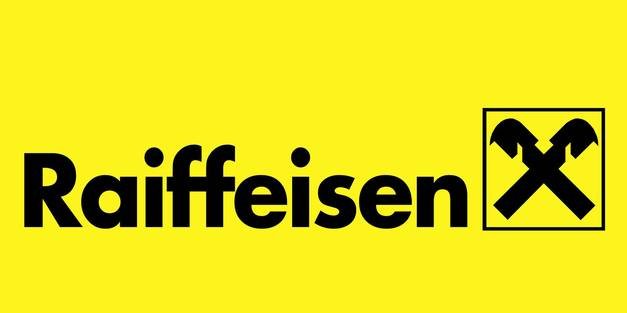A German Retail Bank Imposed Negative Interest Rates - A major boost to cryptocurrencies
Deposit your euros in Raiffeissenbank (Germany), and it will not only rot to inflation but also to a -0.4% yield. Will others follow their example?

A bank in the Germany is breaking a taboo. Raiffeisenbank Gmund on the idyllic Tegernsee lake will apply a custody charge of 0.4 percent to sight deposit accounts over 100,000 euros ($111,500.00) from September. Such accounts allow depositors to withdraw their money at any time. This move will quite likely boost all alternative financial instruments, such as cryptocurrencies and gold.
Many banks have passed on the ECB's negative deposit rate to large commercial customers such as companies and institutional investors, but applying the charge to retail customers has been seen as a step too far.
"We have written to all large depositors and recommended that they think things over.
If you don't create an incentive to change things then things don't change," Josef Paul said. (Ref: Reuters)
Cooperative direct bank Skatbank has applied negative rates on deposits over 500,000 euros since 2014, while ecological lender GLS bank, also part of the cooperative system, is asking customers for a "solidarity contribution" to help offset negative interest rates.
Nothing else to do
European Central Bank is stubborn to retain their negative deposit rate to try to encourage banks to lend to stimulate Europe's economy, which is still suffering from the after-effects of the financial crisis. Banks, meanwhile, are seeking to encourage depositors to shift their cash out deposit accounts into other financial products.
Germany's cooperative banking association BVR said it did not expect other deposit takers in its network to follow Raiffeisenbank Gmund's lead. "We don't believe retail banking will see widespread application of negative rates in Germany, not least because of the intense competitive situation in the German banking market," the BVR said.
Even in Gmund, the lion's share of customers are not affected. Paul's cooperative bank wrote to less than 140 clients, who together hold 40 million euros in deposits, about the new charge, which has already proved effective.
"Some of the customers we informed have opted for alternative investments and others moved their money to other banks," Paul said, adding that a widening of the charge to less wealthy customers is not planned.
The banks in England are already advertising NIRP for companies, which is legal, however, is currently illegal per English law for non-business accounts. I see that changing with the crash of Deutschebank, the bailout of Monte di Pesci (sp) and the overall derivatives bubble. Good news for cryptos and precious metals, bad news for stability and the way of life we are used to. When they go broke, they take you to war, as Gerald Celente says.
Grab some popcorn. Interesting times ahead!
Posted this earlier
https://steemit.com/money/@tee-em/bank-bail-ins-on-their-way-maaaaybe